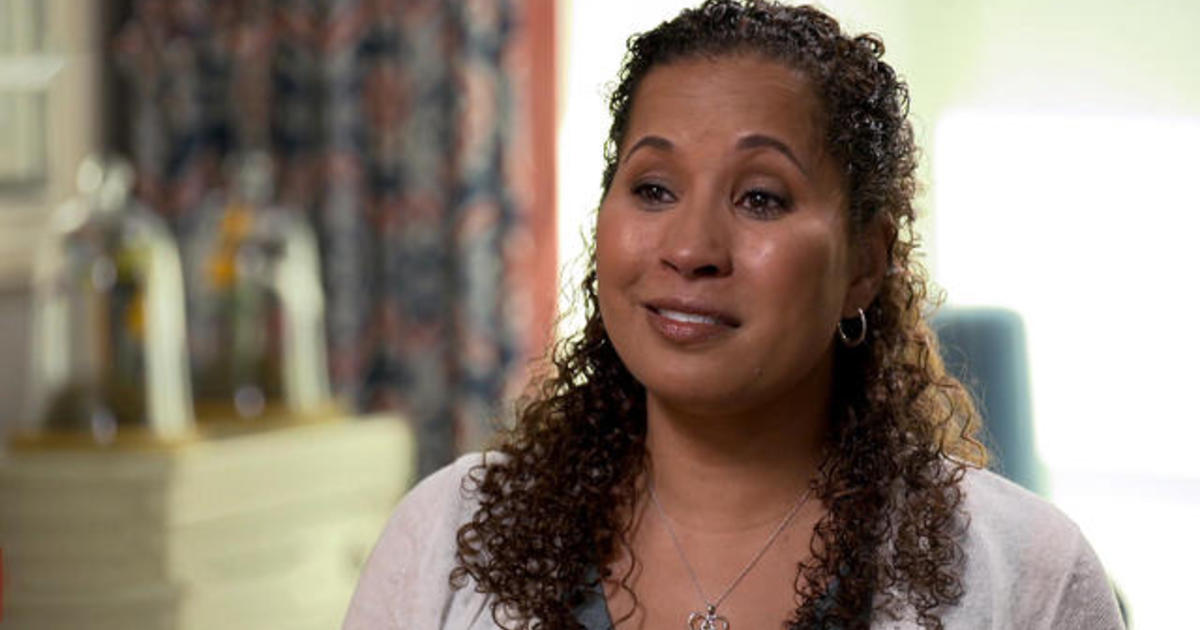"In my ideal world, I'd want him to resign," said Vanessa Tyson, one of two women to accuse Lt. Governor Justin Fairfax of sexual assault. Vanessa Tyson and Meredith Watson, the two women who accused Lt. Gov. Justin Fairfax of sexual assault earlier this year, granted...





